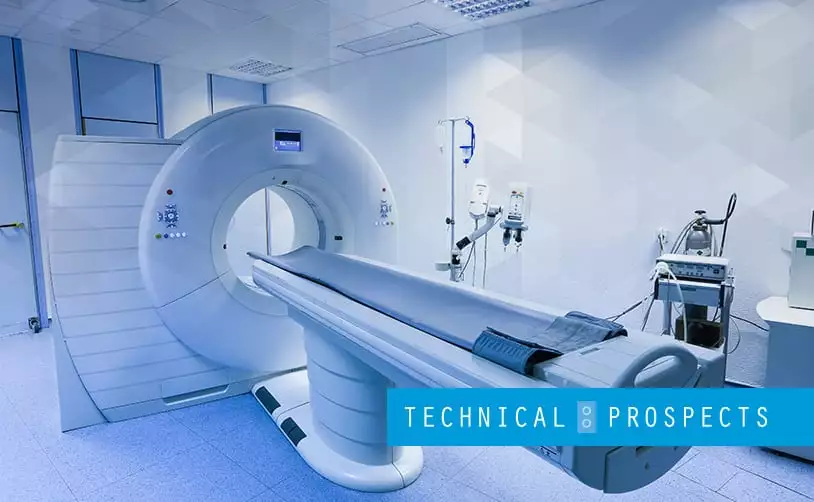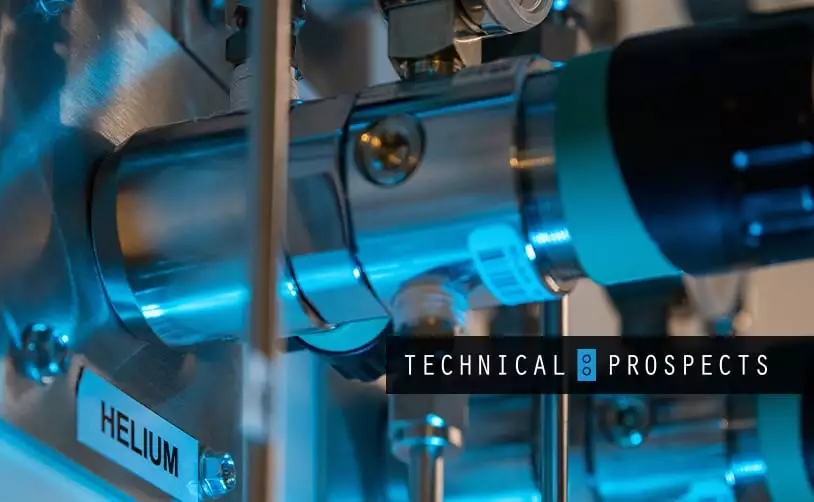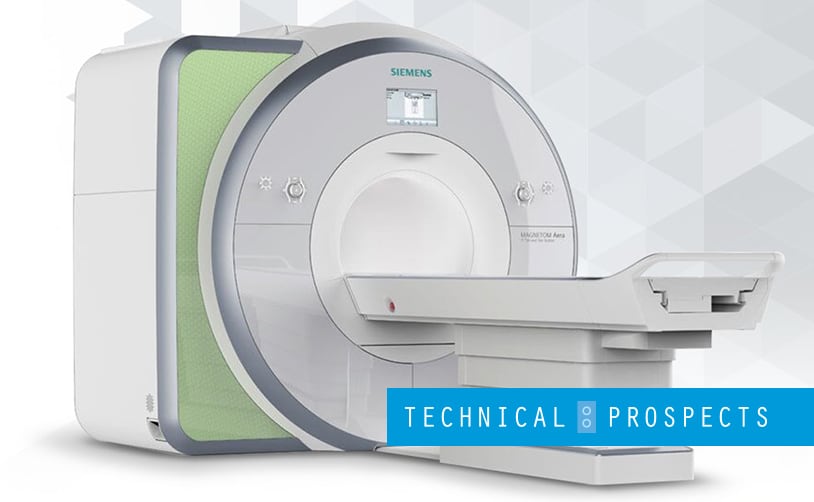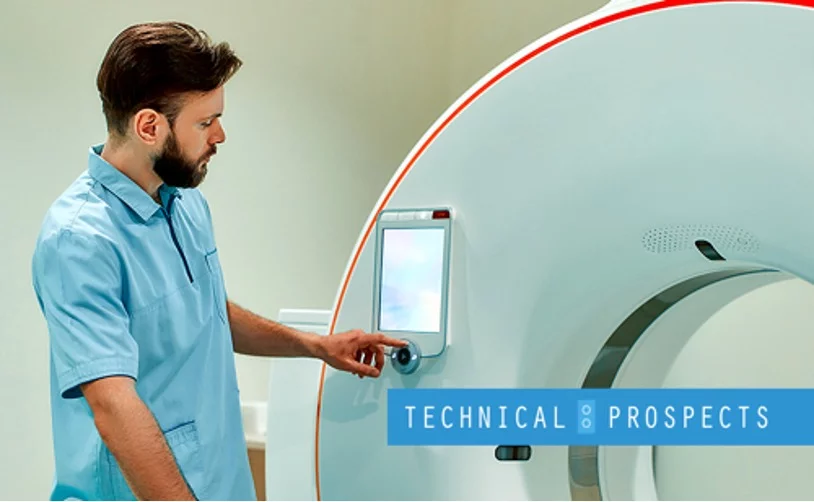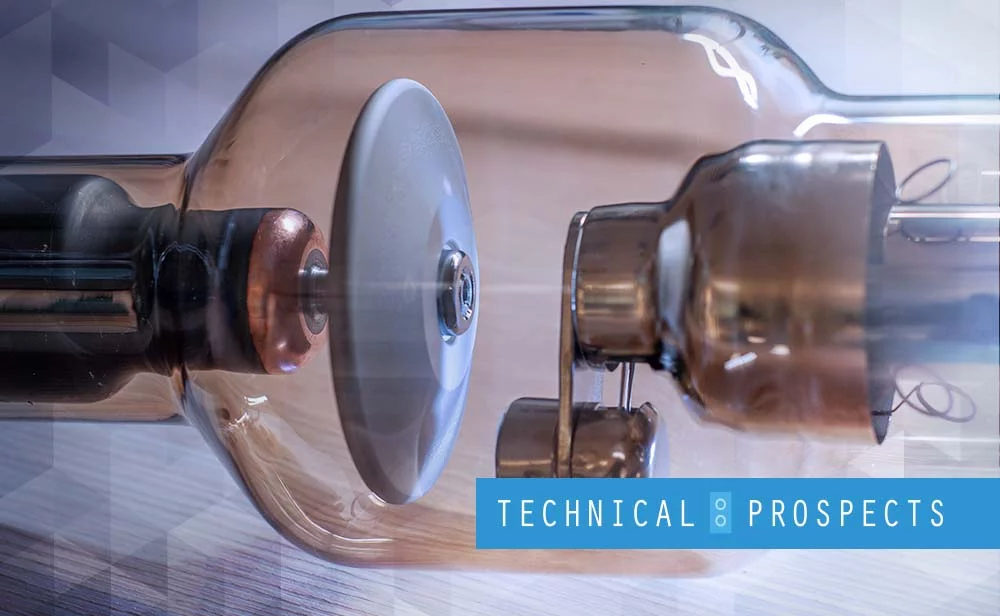Experts consider MRI systems to be safe, especially since these do not produce radiation. However, you should pay attention to some things like quenches. A quench could damage the MRI and cause downtime. For example, quenches. A quench will cause the entire MRI to shut down. In some instances, a quench could even present a safety risk. Here are things you should know about MRI quenching.
Why Does MRI Quenching Happen?
There are two types of MRI quenches, the unplanned type and the deliberate type. Unplanned quenches are ones whare the MRI shuts down on its own. A failure in any MRI parts—the chiller, compressor, lines, or cold head—could cause helium loss, leading to a quench. Deliberate quenches happen when someone presses the Magnet Stop button. You should only activate this in the event of an emergency, like a fire breaking out in the MRI room. A technician should also activate a quench if the patient’s life is in danger.
What Are The Effects Of Quenching?
Whether planned or unplanned, a quench means the room will need clearing out. Executing a quench results in a loud bang, which could rupture eardrums. The helium gas the machine expels could also be dangerous. Though helium is not flammable or toxic, it could displace the oxygen in a room, suffocating anyone still in it. Also, helium gas is cold, and exposure to it might cause hypothermia.
Aside from being dangerous, unplanned quenching can be expensive. Scanners can sustain significant damage during a quench; in most instances, you would have to replace most of the MRI parts after one occurs. The machine will also need helium refills since a quench will boil off and expel a significant amount of helium.
How Do You Keep An MRI From Quenching?
It is possible to avoid unplanned quenches. When you maintain your MRI system regularly and follow safety precautions, you minimize the possibility of accidents in the scanning room. Interview anyone who enters the MRI room and ensure that they do not have ferrous materials in their body. The magnets in the scanner can fling ferrous materials around, which is dangerous for anyone within the vicinity. Have them change into MRI room-appropriate clothing as well. Some types of clothes have metal elements, which can also interfere with the process.
Also, it is important to put in place preventative maintenance measures. Routine maintenance should involve thorough inspections and proactive replacement or repairs for malfunctioning parts. Finally, technicians in charge of the room should know what to do in the event of a quench. Even if you prepare for most scenarios, there is the chance that an unplanned quench might still happen. If it does, everyone should know what to do.
Conclusion
MRI system quenches can cause significant damage and is a safety risk to people in the room. Maintaining your MRI system is the key to keeping your MRI room safe for staff members and patients alike. Regular inspections can help hospital administrators catch potential problems or issues in an MRI scanner.
Keep your scanners in top shape with MRI parts from Direct Med. We have several purchasing options and over 8,000 unique SKUs, and we can ship parts to anywhere in the U.S., 24/7. Browse our catalog or get in touch with us for inquiries.


